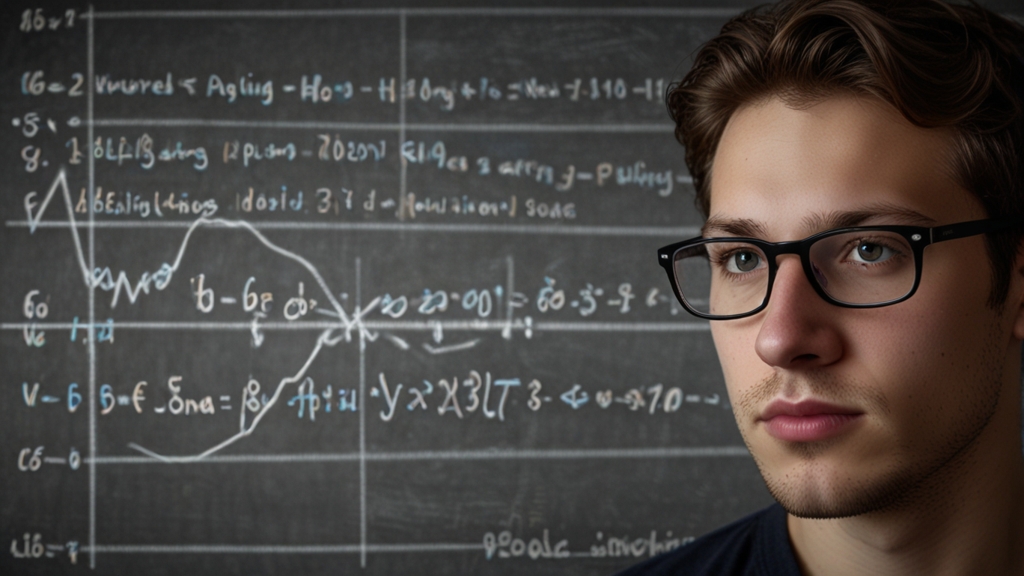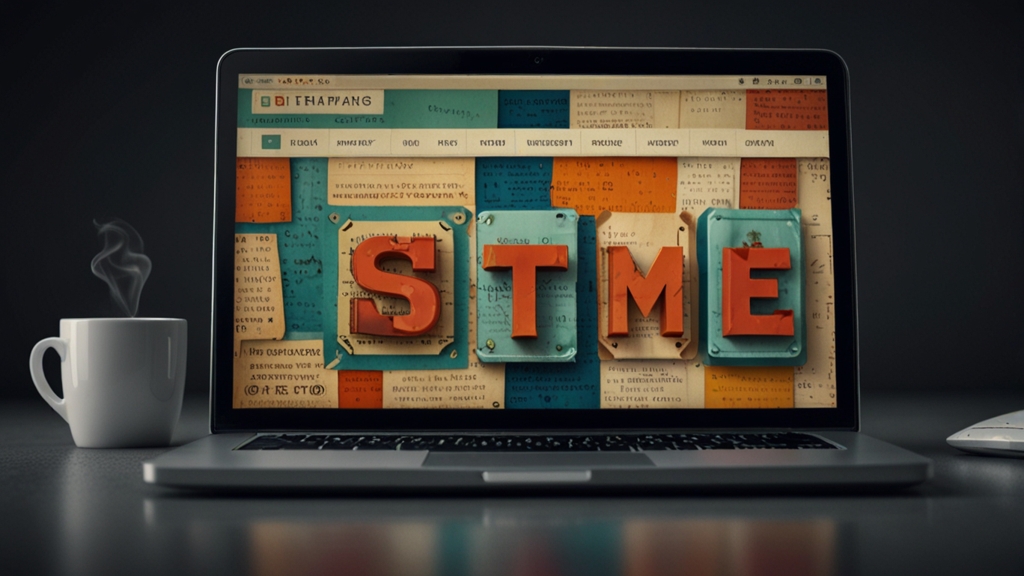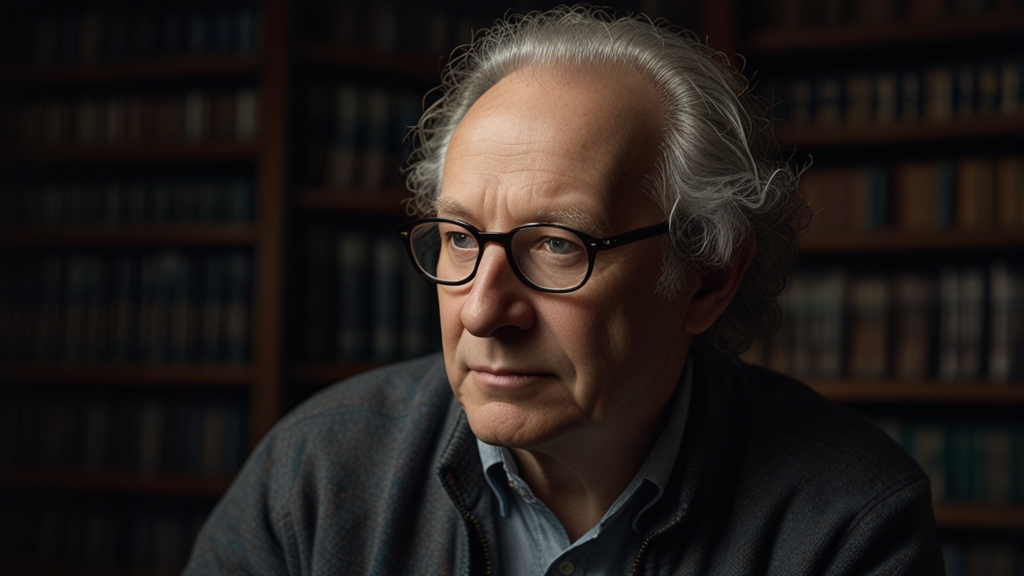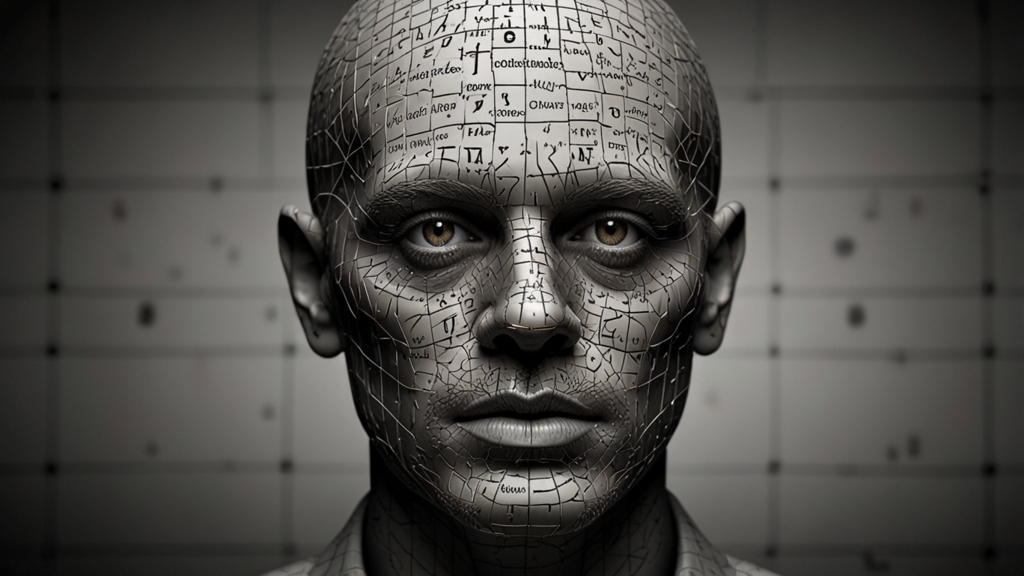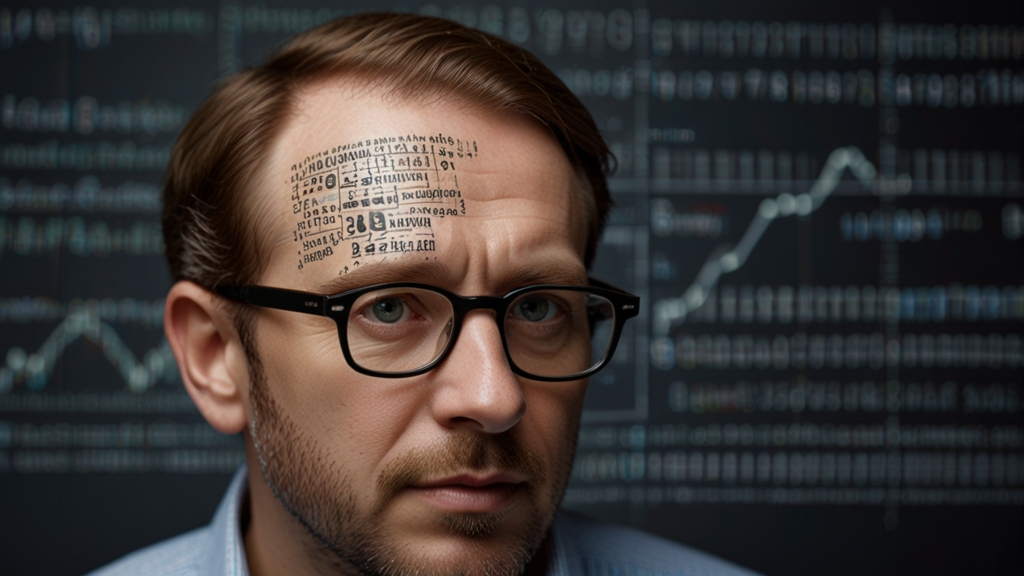From Philosophy to Puzzles: The Many Faces of Logic
Logic is a fundamental component of rational thought, permeating various fields from philosophy to mathematics, computer science, and even recreational puzzles. Its evolution and diverse applications are testimony to its crucial role in human cognition and problem-solving. Let's explore the multifaceted nature of logic and how it has shaped different disciplines over the centuries.
The Philosophical Roots of Logic
Logic, as a formal discipline, can trace its origins back to ancient Greece, where philosophers like Aristotle laid the groundwork for what would become deductive reasoning. Aristotle's "Organon," a collection of works on logic, introduced syllogistic reasoning - a method of argumentation that remains influential to this day.
"All men are mortal. Socrates is a man. Therefore, Socrates is mortal." - Aristotle
This classic example of a syllogism showcases the essence of deductive reasoning: deriving specific conclusions from general premises. Philosophers like Plato and later, medieval scholastics, expanded on these ideas, further entrenching logic as a cornerstone of philosophical inquiry.
Logic in Mathematics
With the advent of modern mathematics, logic found a new domain in which to flourish. The 19th and 20th centuries marked significant advancements, with figures like George Boole and Gottlob Frege pioneering symbolic logic and set theory. Boolean algebra, which operates with true/false values, underpins much of modern computer science and digital circuit design.
Consider the logical operation AND, expressed as:
1 AND 1 = 1 1 AND 0 = 0
This simple yet powerful system forms the basis of computing, allowing for complex operations to be broken down into manageable, binary decisions.
Computational Logic
As computers began to revolutionize the world, logic became its very language. Alan Turing's theoretical work laid the foundation for algorithms and computational theory, leading to the development of programming languages. Logic programming, in particular, uses formal logic to express algorithms. This is epitomized by languages like Prolog, used in artificial intelligence applications.
"A computer would deserve to be called intelligent if it could deceive a human into believing that it was human." - Alan Turing
This encapsulates the intricate dance between logic and computation, where algorithms aim to mimic human thought processes.
Logic and Puzzles
Beyond the academic and technical realms, logic has found a home in the world of recreational puzzles. From classic puzzles like Sudoku and logic grids to complex escape rooms and game-based problem-solving, these activities harness the power of logical deduction in entertaining and engaging ways.
Consider a simple logic puzzle:
"Three people (A, B, and C) can either be knight (always tell the truth) or knave (always lie). A says, 'B is a knave.' B says, 'C is a knight.' C says, 'A is a knave.' Who are the knights and knaves?"
Solving this puzzle requires an application of logical principles: assuming each statement and checking for consistency. Such puzzles stimulate the brain, promoting critical thinking and problem-solving skills.
The Ubiquity of Logic
Logic's influence extends beyond its historical and academic roots, interweaving with various facets of modern life. From making everyday decisions to designing intricate software systems, logic remains an invisible yet indispensable guide. Whether through philosophical introspection, mathematical precision, or playful puzzles, the many faces of logic continue to shape and refine our understanding of the world.



